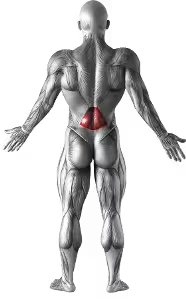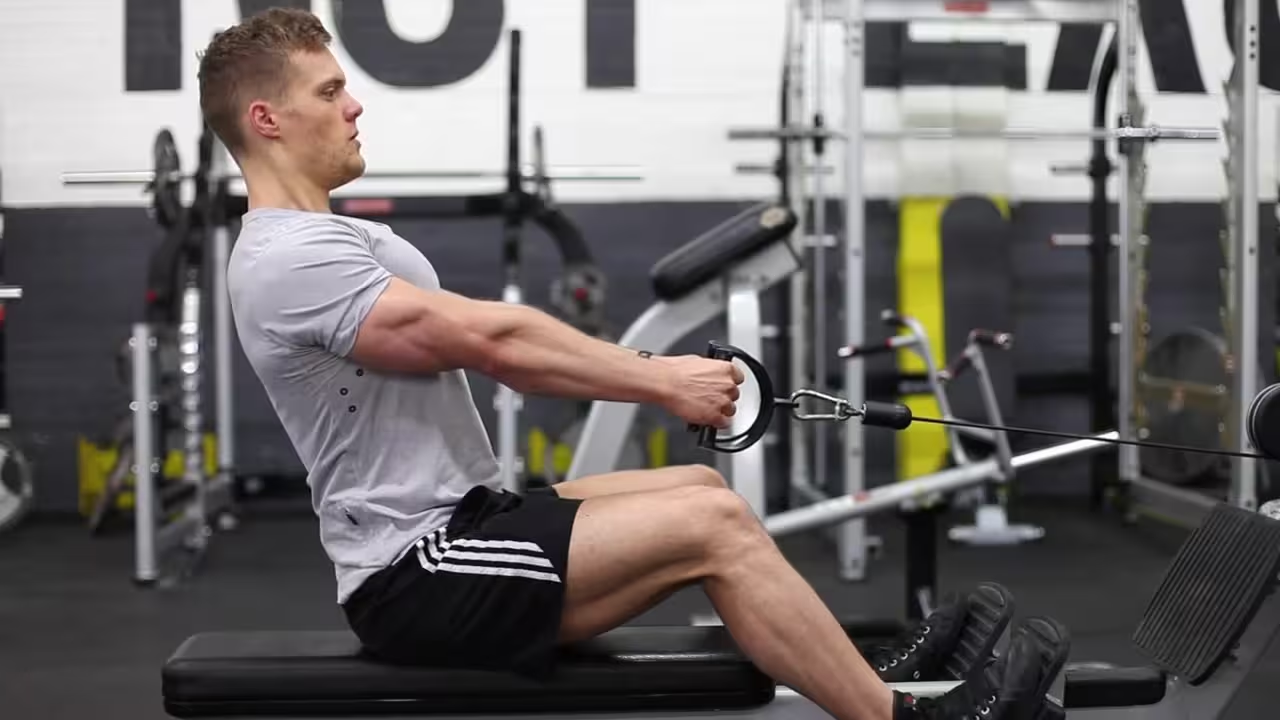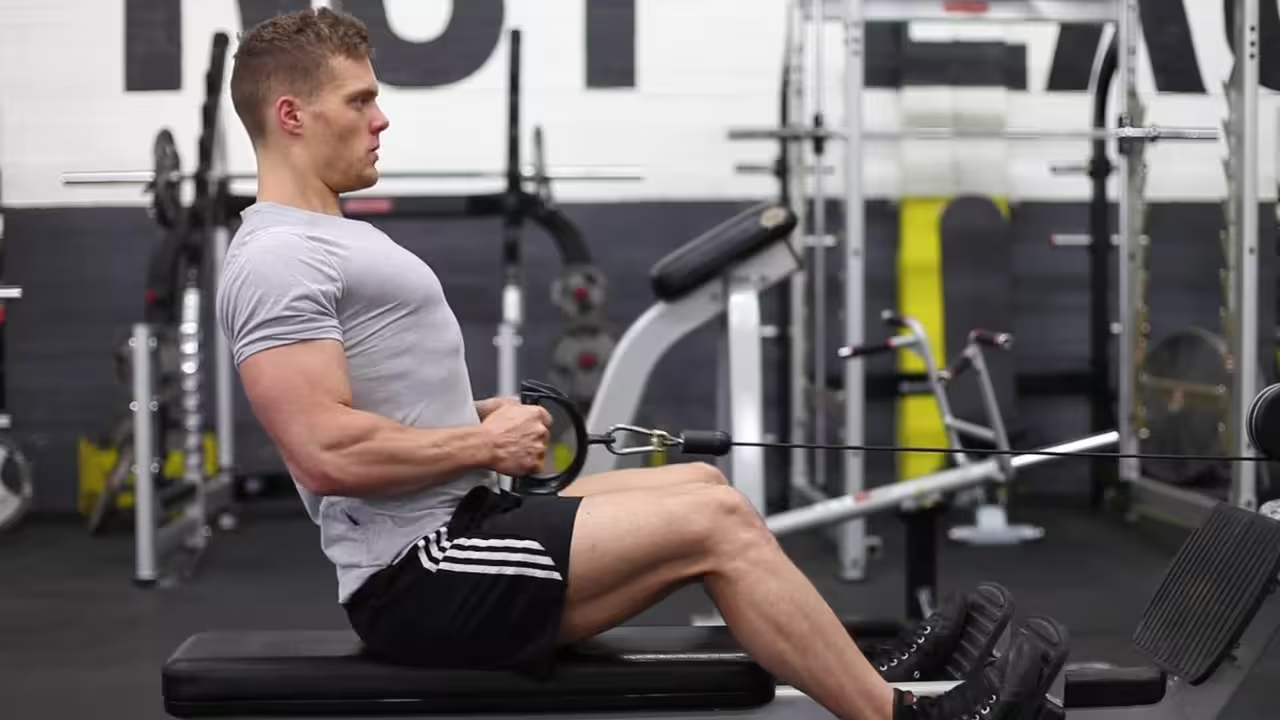The Seated Cable Row is a highly effective back exercise that targets multiple muscle groups. Performed using a cable row machine, this exercise helps build a strong, well-defined back while improving posture and overall upper body strength. The seated position and cable resistance allow for controlled and consistent tension throughout the movement. Seated Cable Rows are an excellent addition to any back or upper body workout routine.
Seated Cable Row Video
How to Perform Seated Cable Rows
Seated Cable Row Images
Step-by-Step Instructions:
- Adjust the Machine: Set the cable row machine to the appropriate resistance level and attach a V-bar or straight bar handle.
- Position Yourself: Sit on the machine’s bench with your feet placed firmly on the footrests and your knees slightly bent.
- Grip the Handle: Grab the handle with both hands, keeping your back straight and core engaged.
- Initiate the Pull: Pull the handle toward your torso, squeezing your shoulder blades together at the peak of the movement.
- Lower the Handle: Slowly extend your arms back to the starting position, maintaining control and tension throughout.
- Repeat: Perform the desired number of repetitions with proper form and control.
Seated Cable Row Benefits
- Improved Back Strength: Seated Cable Rows target key back muscles, including the lats, traps, and rhomboids, leading to improved upper body strength.
- Enhanced Posture: Strengthening the back muscles can help correct posture and alleviate back pain.
- Increased Muscle Definition: Regularly performing Seated Cable Rows can contribute to a well-defined, muscular back.
- Functional Strength: The pulling motion mimics real-life activities, improving functional strength and stability.
- Core Engagement: This exercise activates the core for added stability and balance.
Seated Cable Row Muscles Worked
Targeted Muscles
The Seated Cable Row primarily targets the latissimus dorsi, rhomboids, and trapezius. Secondary muscles worked include the biceps, forearms, and rear deltoids. The core muscles are also engaged to maintain stability throughout the exercise.



